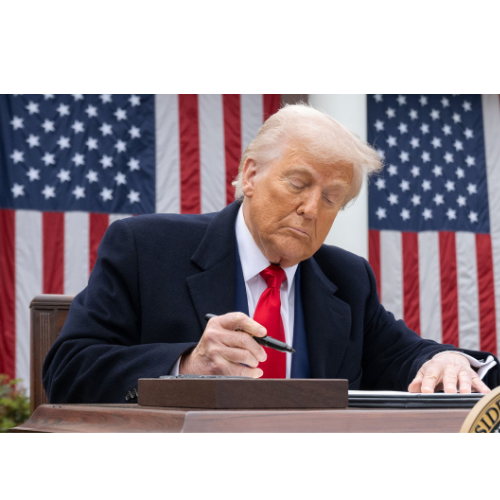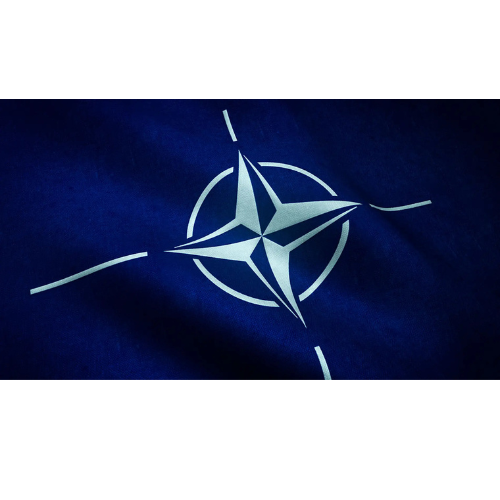“Spend or Suffer?”: Trump’s Trade Threat to Spain Sparks NATO Tensions
U.S. President Donald Trump has threatened to impose trade sanctions on Spain, citing its failure to meet military spending targets. The warning—delivered during a press briefing earlier this week—has sent shockwaves through European capitals and raised questions about the future of U.S.-EU relations.
Trump’s demand? That Spain increase its defense budget to 5% of GDP—a figure far above NATO’s agreed benchmark of 2%. The ultimatum, framed as a matter of “fair burden-sharing,” has been criticized as politically motivated and economically destabilizing.

NATO’s 2% Rule and Trump’s 5% Demand
Since 2014, NATO member states have been encouraged to spend at least 2% of their GDP on defense. While some countries—like the U.S., Poland, and the U.K.—meet or exceed this target, others, including Spain, fall short. Spain’s current defense spending hovers around 1.3% of GDP.
Trump’s demand for 5% is unprecedented. No NATO country has ever been asked to meet such a threshold, and it’s not part of any formal alliance agreement. Critics argue that the figure is arbitrary and designed to pressure allies into compliance with U.S. strategic interests.
NATO Unity at Risk
Trump’s threat has sparked concern among NATO allies. If the U.S. begins penalizing members for not meeting arbitrary spending targets, alliance cohesion could fracture.
- Undermining Trust: NATO operates on consensus and mutual defense. Unilateral threats erode trust and cooperation.
- Internal Divisions: Countries with lower defense budgets may feel alienated or coerced, weakening strategic alignment.
- Russian Leverage: A divided NATO benefits adversaries like Russia, which seeks to exploit Western discord.
European leaders have called for dialogue rather than confrontation, urging the U.S. to respect existing agreements and diplomatic norms.
Spain’s Response: Diplomacy Over Defiance
Spain’s government has responded cautiously, emphasizing its commitment to NATO and its gradual increase in defense spending. Officials argue that economic recovery and social priorities must be balanced with military obligations.
Spanish Defense Minister Margarita Robles stated, “We are committed to strengthening our capabilities, but we must do so responsibly and sustainably.”
Spain has also pointed to its contributions to NATO missions, peacekeeping operations, and cybersecurity initiatives—areas often overlooked in raw spending metrics.

Is Trump’s Threat Justified?
From a strategic standpoint, Trump’s push for higher defense spending reflects long-standing U.S. frustration with NATO burden-sharing. However, the method—threatening sanctions—raises serious concerns:
- Diplomatic Overreach: Trade policy should not be used as a weapon to enforce military spending.
- Economic Misalignment: Defense budgets are shaped by domestic priorities, not foreign ultimatums.
- Legal Ambiguity: Sanctions based on defense spending lack legal precedent and could face WTO challenges.
Moreover, Trump’s demand for 5% appears disconnected from NATO’s own framework. It risks setting a dangerous precedent where economic coercion replaces diplomatic negotiation.
Spain’s measured response offers a model for balancing national priorities with international commitments. As NATO approaches its next summit, the world will be watching to see whether unity or division prevails.
